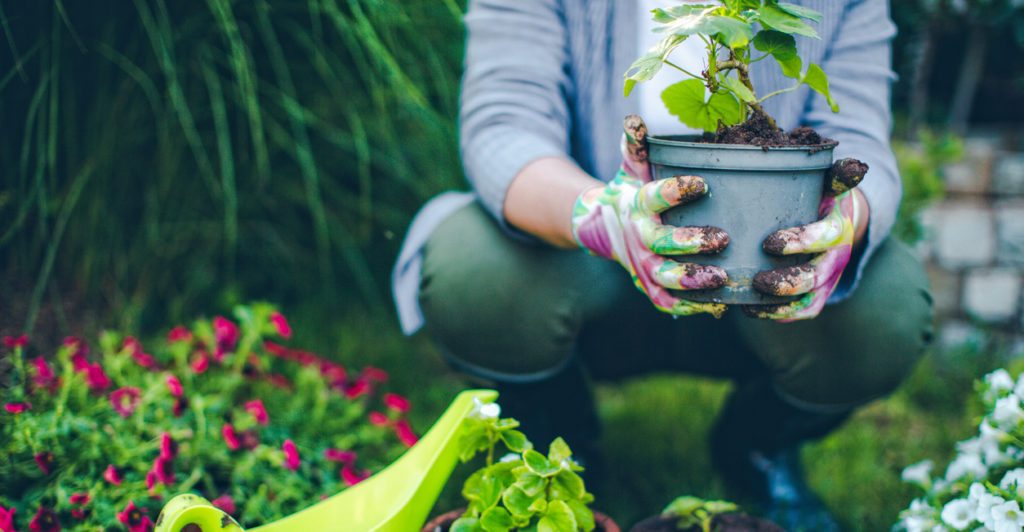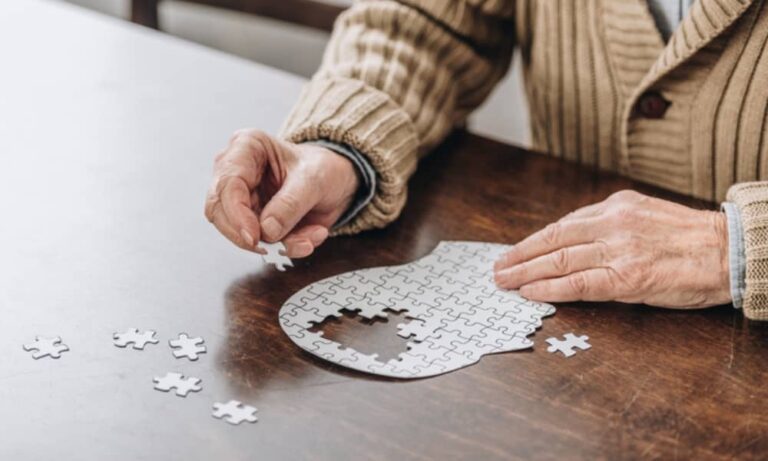Everything you do interacts with microbes. If you’ve had tooth decay in your life, it’s in no small part due to a loss of bacterial diversity in your mouth. Research is revealing that there are some interesting nondietary ways that your lifestyle can create a diverse and strong microbiome.
Intermittent Fasting
We know that our gut flora play an integral role in digestion, but this role extends to managing the entire metabolism of the body. When you eat, your flora have to work to break down and digest food, so your eating cycle will impact the day-to-day life of your microbiome.
Studies on mice have shown that time without food (fasting) increases bacterial diversity, suggesting that during the absence of food, bacteria keep working. In fact, the time without food represents a more natural feeding cycle (when food is not available) and allows microbes to do their own “spring cleaning” of our digestive and immune system, which is likely a part of our body’s normal interaction with microflora.
Stress
Having lots of different types of microbes helps our body stay resilient to outside stresses. Stress is something we were designed to encounter only rarely. Only rarely is our system meant to activate its fight-or-flight response. But today we have changed our exposure to stress. We’re now exposed to constant, low-grade stress that is sending survival signals throughout our body. These signals seem to impact our microbiome as well. Animal studies have shown that a high-stress environment reduces bacterial diversity. If you’re constantly worrying about school, work, or your relationships, your microbiome is likely feeling the effects.
Sleep
Your digestive system works on a diurnal or circadian rhythm connected to the day–night cycle and sleep. When your sleep cycle is interrupted (you don’t get enough or you get poor quality) your gut microbes suffer as a result. Interestingly, new research is showing how gut microbes may even be in control of your diurnal rhythm. However, lack of sleep seems to change its diversity.
Exercise
As if bacteria aren’t doing enough already, they also may be checking that you’re going to the gym. Like your other habits, how you move and condition your body via exercise may influence your microbiome. While your exercise performance may be influenced by how healthy your bacteria are, the relationship is likely a back-and-forth, with exercise providing a positive boost to beneficial strains and metabolites in the gut.
Exposure to dirt
Yes, you read that right: getting dirty may be a crucial piece of your microbiome puzzle. Soil, or dirt, is formed by the interactions among microorganisms, minerals, dead plants, and animals. It supports life all over the earth. When we remove our exposure to soil, we may be removing a crucial boost to our own microbes. Soil and humans share species of microbes that are likely transferred when we eat an animal or plant. Getting your food from natural, organic sources and also having your own garden (where you touch the soil) may provide a healthy (if dirty) boost to your microbiome.
Social environment and pets
You share microbes with your partner as well as the people you come in close contact with on a regular basis: co-workers, people at the gym, even your pets. In fact, people who own dogs have been shown to have significantly more diverse skin microbiomes.
Extracted from The Dental Diet, by Dr. Steven Lin.







